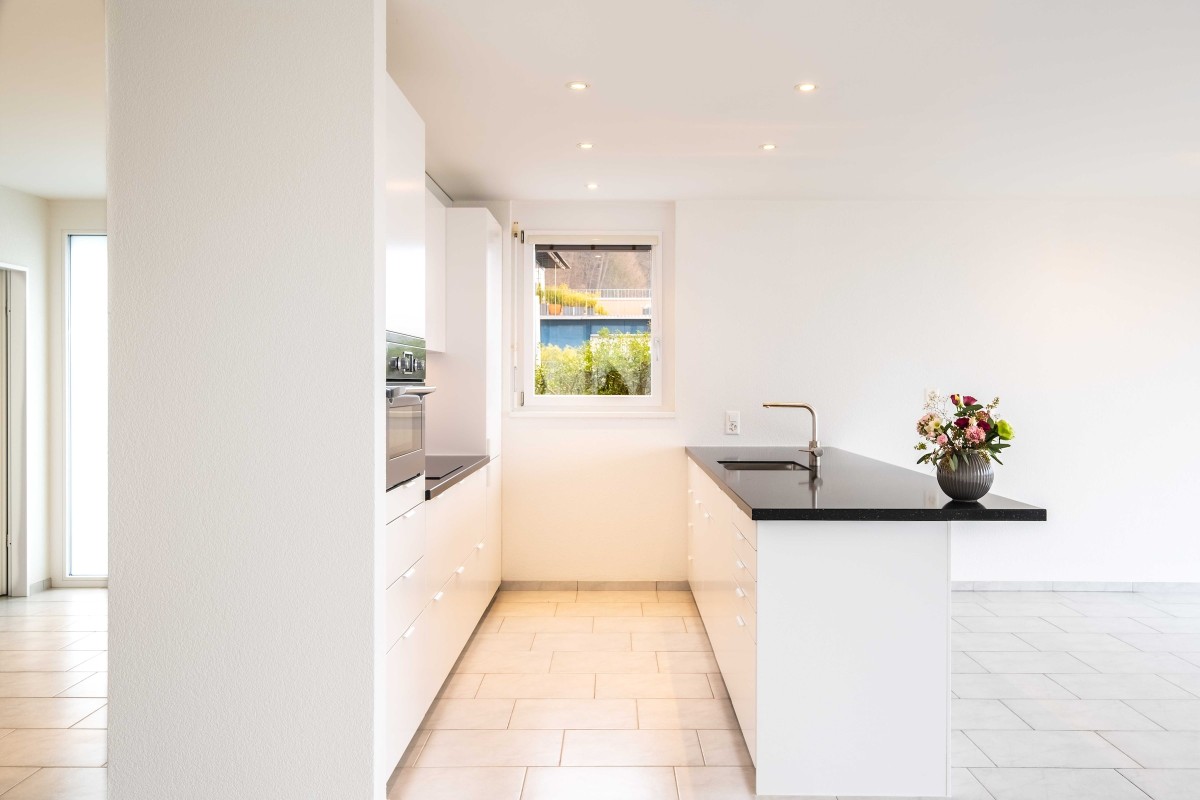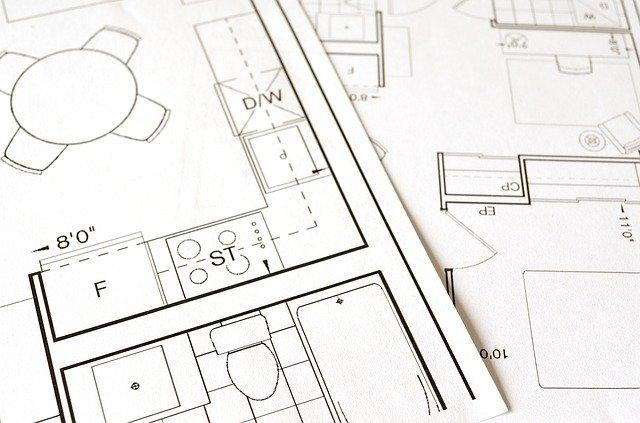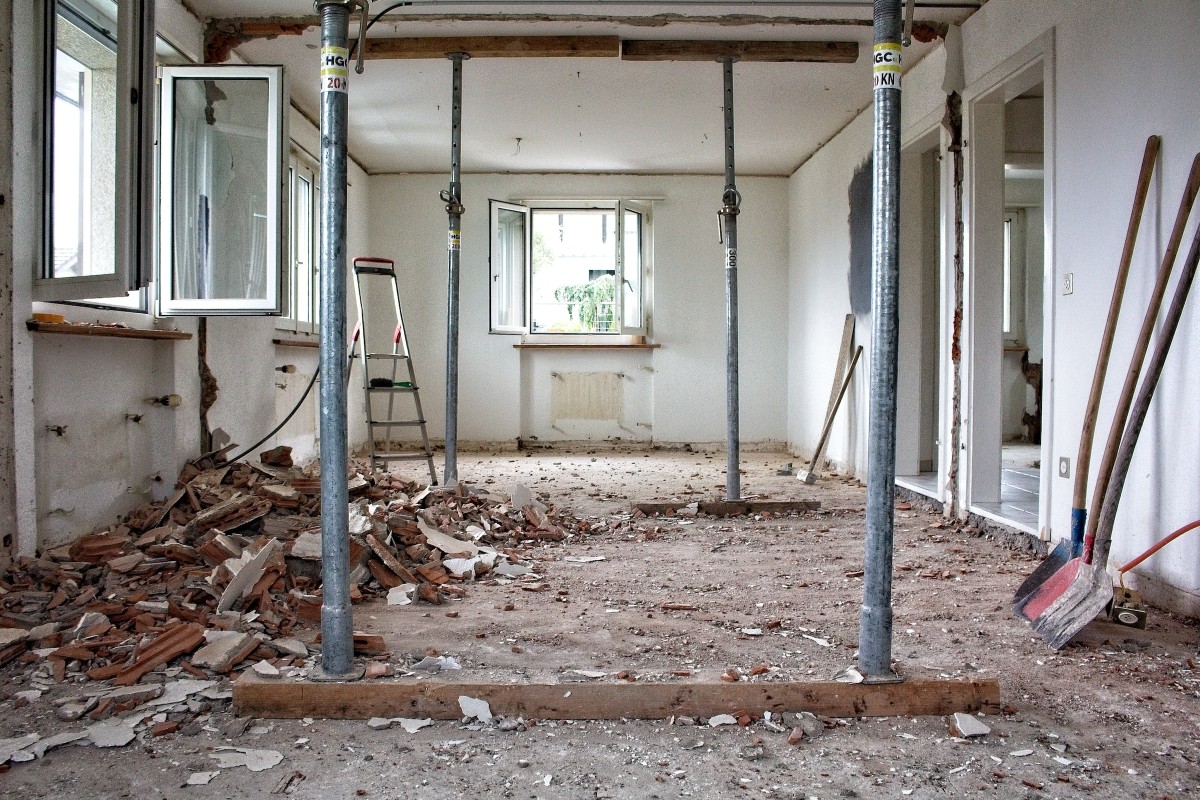
If you live in Spain or are planning to move there, buying and renovating a house can be a fantastic way to create your dream home while potentially saving money. However, tackling a refurbishment—especially in a foreign country—can be overwhelming. From budgeting and permits to DIY decisions and unexpected setbacks, the process comes with its fair share of challenges.
To help you navigate your renovation with confidence, we’ve gathered expert advice from the home improvement specialists at Habitissimo. Whether you're wondering about costs, legal requirements, or how to avoid common pitfalls, these 10 essential tips will set you up for success when renovating a house in Spain.

Carefully plan your budget
Renovating a house in Spain can be a never-ending pit when it comes to expenses. To avoid disappointment and issues, the best thing to do is to carefully draw up a budget and stick to it as much as possible. Obviously, things will always come up that you hadn't counted on, so to deal with it, make sure you set aside a sum of money for unexpected expenses. You can also use our idealista renovation cost calculator to get an idea of how much you may need to spend to renovate a property in Spain.
Clearly define the objective of the renovation
Renovating a bathroom and kitchen is not the same as undertaking work to change the entire layout of the house. Think carefully about what you need or would like to do: more storage space, a place to work, an open concept home, a total renovation of floors and wall coverings, etc. Above all, be realistic, remember that you have a budget that will not always be enough.

Search for professionals
It is worth taking the time to find the most suitable company for your home renovation. Don’t focus solely on the budget—also consider the guarantees they offer, their professionalism, and reviews from other clients. Remember, the cheapest option can sometimes turn out to be the most expensive, and in a renovation project, there is a lot at stake.
For a full renovation, ensure the company has all the necessary professionals. This will allow for better coordination and a faster, more efficient process. Another crucial aspect is signing a detailed contract that clearly specifies all aspects of the project, including the scope of work, materials, quality standards, and deadlines.
Obtain all the necessary permits
The company you hire will probably tell you if you some kind of licence for the work, if it is a major project. Sometimes they can even take care of the processing. In any case, make sure you know what permits you need to carry out the renovation. Your local council will inform you.

Choose a date
Sometimes there is no choice but to coordinate with the renovation company, but always look for a date when the work will cause as little inconvenience as possible, especially if you live in the house. Holidays are often a good time, as they allow you to follow the work more closely or to leave the house empty so that the workers can work unhindered.
Be patient
It’s inevitable—throughout the renovation, countless unforeseen issues will arise. That’s why it’s best to approach the process as an obstacle course and stay patient when challenges appear. If the company you’ve hired is professional and experienced, they will be able to handle any unexpected situation smoothly and efficiently.

Listen to the professionals
When it comes to both the design and execution of your renovation, you may want changes that aren’t always possible or advisable. Our advice is to carefully consider the guidance of professionals. If they tell you that moving the bathroom isn’t a good idea, it’s likely because it could cause long-term issues—not because they want to derail your plans.
Ask questions and trust your gut
That said, following professional advice doesn’t mean blindly accepting everything they say. If something doesn’t sit right with you, ask questions. And if you’re still unsure, don’t hesitate to seek a second opinion. The key is to feel fully confident about every aspect of the renovation.
Avoid making decisions as you go
Just as failing to address concerns can be problematic, so can making constant, unexpected changes. A well-planned renovation should minimise the need for modifications. If changes become necessary, keep in mind that they may cause delays.
Be optimistic
Major renovations can sometimes feel overwhelming, but keep your focus on the bigger picture. In the end, all the effort will be worth it when you finally step into your dream home in Spain.







